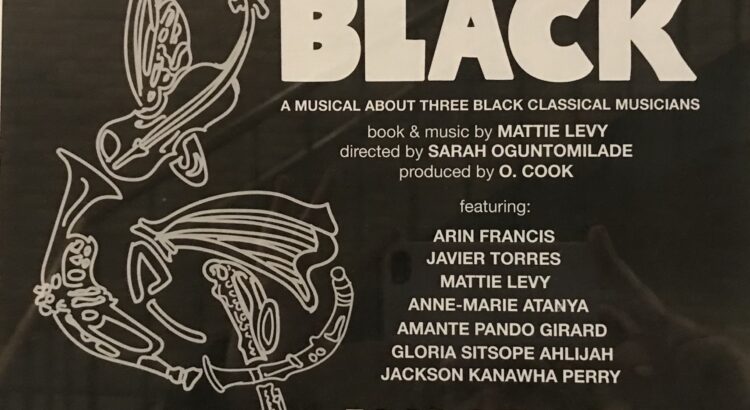SMTD students are often encouraged to pursue a senior thesis at the end of their degree to show off the skills they’ve developed in college. On Saturday, I went to see “People are Things”, a directorial thesis by Tiara Partsch. In general, I tend to really love going to senior shows. They’re usually only about an hour long, free, and experimental in one way or another. “People are Things” reminded me why these are the shows I frequent. “People are things” is a one act play, which includes a brief introduction, and covers themes of trauma and class struggle.
When I walked in the Newman studio, where the performance was being held, the space was completely dark except for one fixture on stage. There were no chairs, and the audience was encouraged to circle around the only actress on stage. I remember feeling somewhat uncomfortable, like the audience was being involved in something that was harming the character we were all watching. She seemed freaked out by all of us standing there, and her performance reflected that. She was playing with a pile of dirt and fake plants as the audience surrounded her, shaping the dirt in mounds and placing the plants inside. She would then get upset, smash the dirt piles, and try to run off stage, only to be pulled right back to what she was doing.
The rest of the play centered around a 54 year old woman’s mental breakdown, involving a violent incident with her boss where she held him hostage with a knife. In the play, her identity is split into multiple parts, each one focusing around a different aspect of the act of violence she engaged in. This is something I really loved about the play because it reminded me of how frantic your thoughts can be after experiencing something upsetting. How you go through the events in your head, fixating on certain details. While the play only covers events that take place over a couple days, it really showed me how intricate traumatic events can be. I feel that performances tend to use violence as a way to keep people engaged with a story, but I really appreciated how “People are Things” also talked about the ramifications of something like that on a persons mental health.
Run time: 1 hour 30 minutes
Picture from the SMTD events website










